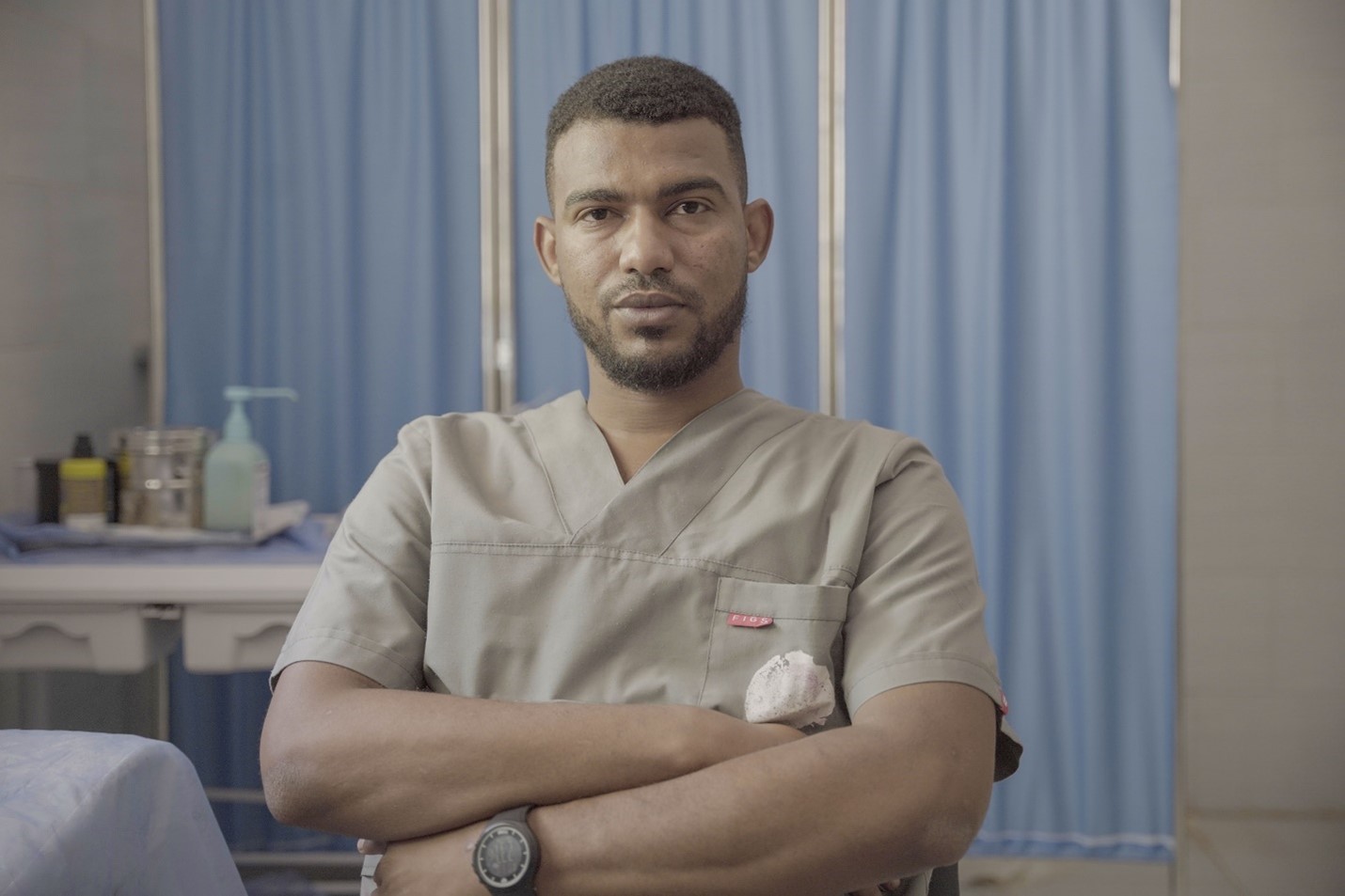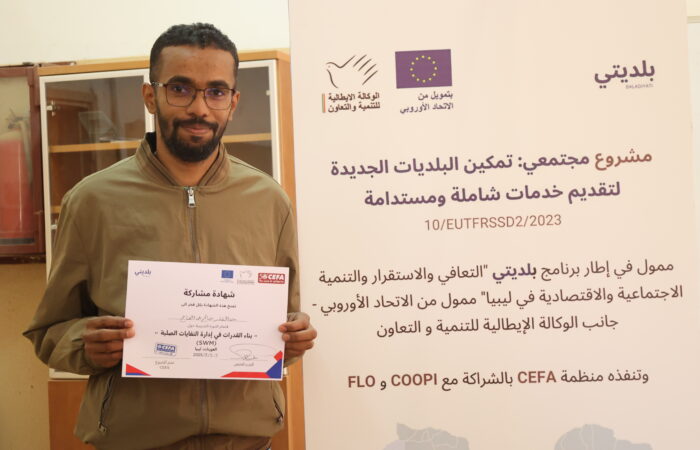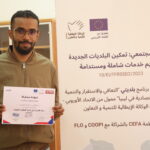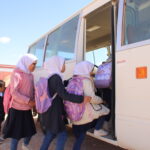In the picturesque region of Hatia, Southern Libya, 28-year-old Hasan Ali proudly reflects on his heritage. Known for its ancient pyramids, Hatia attracts tourists from around the world. “Our area is a tourist destination, and we, as locals, take pride in that” Hasan shares with a smile. However, beneath this historical beauty lies a persistent challenge: continuous power outages that have disrupted daily life and critical services, particularly at Algarefa Village Hospital, where Hasan works as a nurse.
For Hasan, these outages have been more than just a minor inconvenience—they have shaped his personal and professional journey. “Over the past few years, the power cuts have not only affected daily life in our community, but they also deeply impacted my education as a nursing student. We often went days without electricity, and those were very difficult times for me” Hasan recalls.
One of the toughest moments came when Hasan was preparing for an entrance exam for a crucial emergency preparedness course. “The exam was scheduled for 9 PM, but just as I was about to begin, the power went out, affecting the internet. Despite the confusion, I pushed through and managed to complete the exam. Luckily, I was accepted into the course” Hasan says, emphasizing his determination.
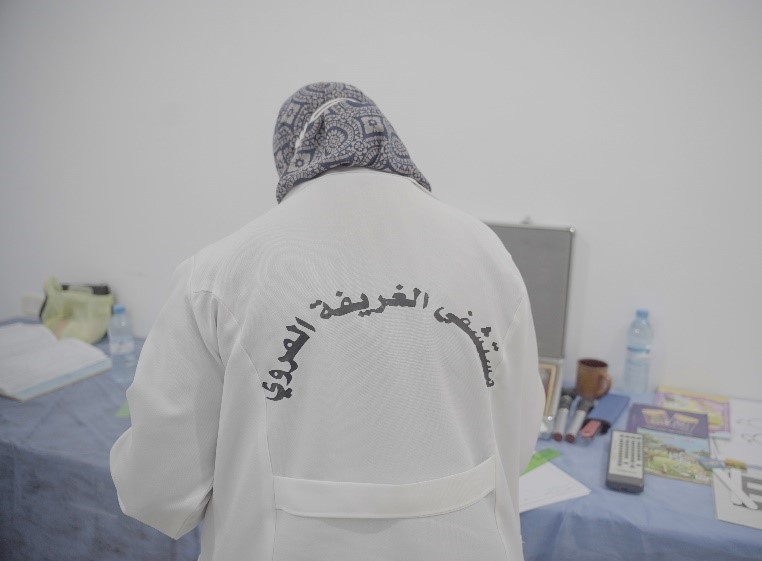
For more than six years, Hasan has worked at Algarefa Village Hospital, where he and his team of nurses – six male nurses and seven female nurses – care for patients under challenging circumstances.
The harsh desert environment, especially during the summer months, brings an increase in emergency cases such as scorpion stings. “Just last night, we treated over twenty-three cases, many of them children” Hasan explains, highlighting the urgent need for reliable healthcare services.
Despite their commitment, the medical team has often been forced to work under dire conditions due to power outages. Hasan remembers those difficult days vividly. “As a medical team, we have experienced difficult days due to power outages at the hospital, with no alternative power source available. I remember with sadness those days when we had to work and provide healthcare to patients by candlelight. One day, we received an emergency case from a traffic accident. In a horrifying scene, the patient’s family had to use their phone lights to help us work because power was cut at the hospital that night.”
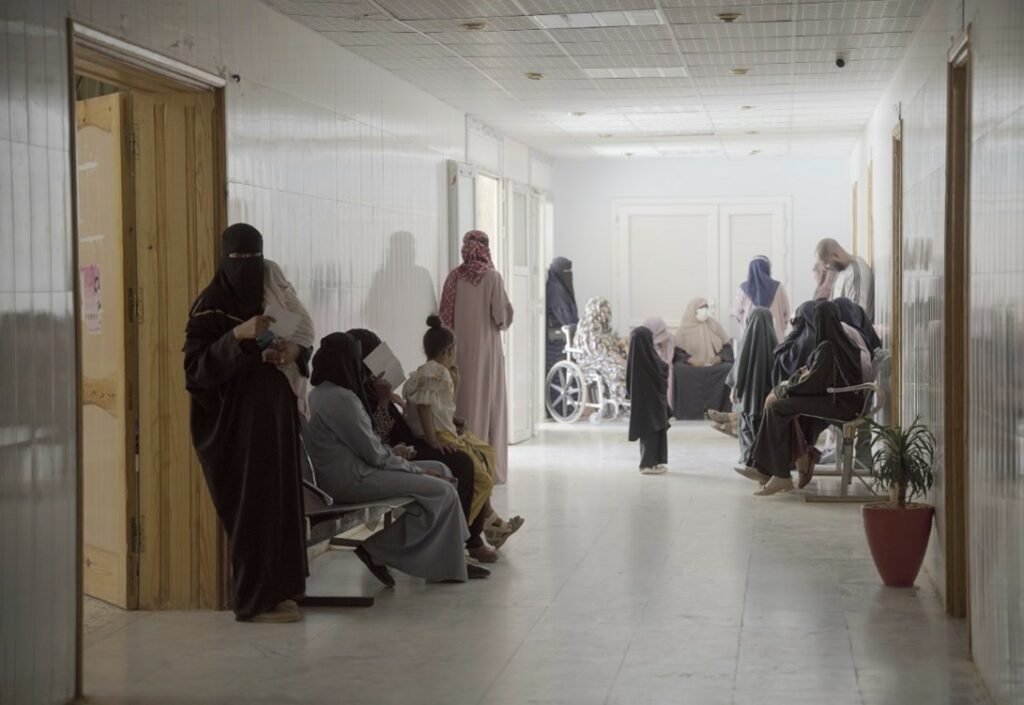
However, change has come to Algarefa Village Hospital through the Baladiyati Programme, funded by the EU. The recent installation of a solar energy system has increased the hospital’s capacity to provide continuous care. “Having a solar power generation system in the hospital is the ideal solution in my opinion. It gives the medical team a sense of security and helps us perform our work during power outages” Hasan explains.
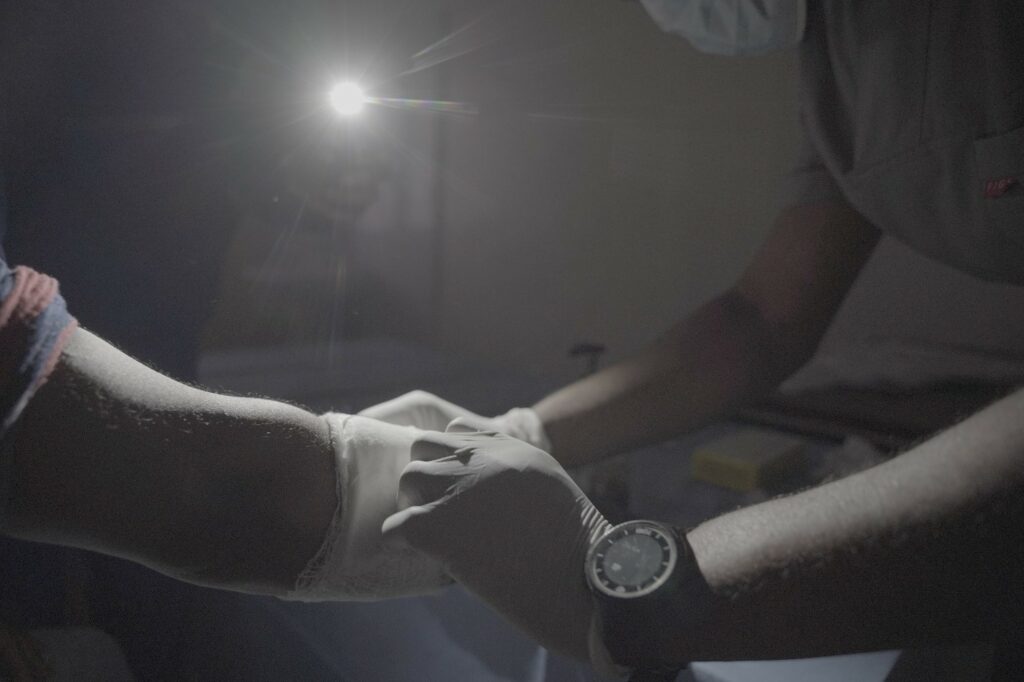
The solar power system has not only ensured a stable power supply but also instilled a sense of responsibility among the hospital staff. “We must feel responsible for these systems by providing the necessary care to maintain them so we can benefit from them in the long term” Hasan adds, emphasizing the importance of sustainable solutions for the community’s future.
The story of Algarefa Village Hospital is just one example of the positive impact that Baladiyati is having in Libya. Sustainable solutions, supported by collaboration between the community, local authorities, and international partners like AICS and IRC, are paving the way for a brighter future.
This story was written by AICS based on content collected on ground by IRC
Photo credit: IRC

